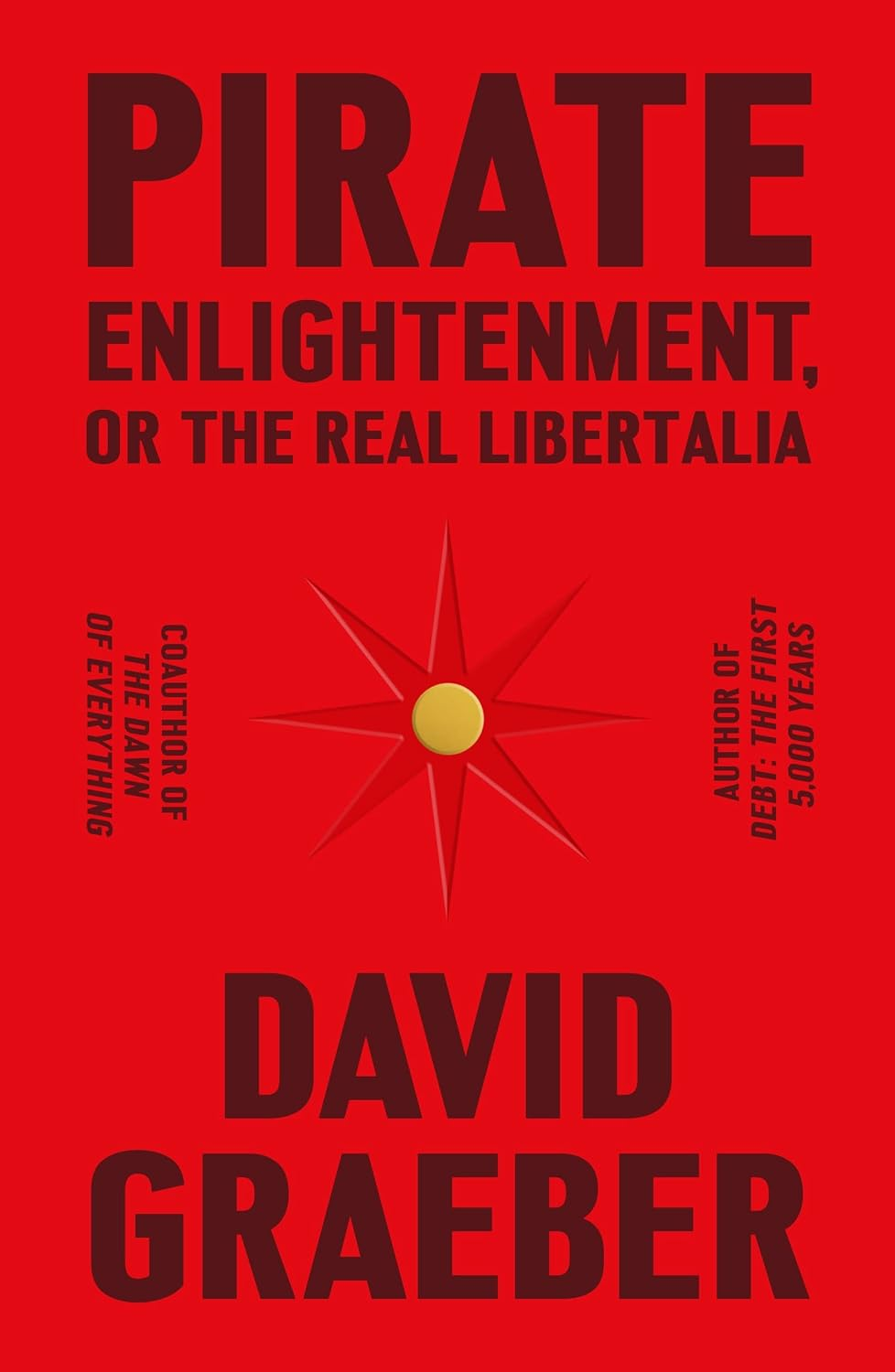That the history of piracy should attract someone of Graeber’s talents is remarkable. When I started working on sailors and pirates in the 1970s, it was a lonesome undertaking. Little serious scholarly work had been done on either deep-sea sailors—who were not even considered by most historians at the time to be part of labor history—or on pirates, who attracted a lot of amateur historians (some of them quite good) but few trained scholars.
The rise of “history from below” changed all that. The movements of the 1960s and ’70s—the struggles over civil rights, Black Power, the war in Vietnam, and women’s rights—demanded new histories that focused not just on states and politicians but on everyday political actors. These histories ended up democratizing how a lot of history has been written ever since. Influenced by works like E.P. Thompson’s The Making of the English Working Class and C.L.R. James’s Black Jacobins, a new cohort of historians studied the “agency” and “self-activity” of a working class broadly conceived. Everyone from industrial workers to the Indigenous to the enslaved could make history too.
Piracy, of course, was only one small part of these new histories, but as historians from below began to direct their attention toward a wider variety of people, they also began to focus on a much broader geographical expanse, to move beyond the borders of a single state and across the oceans of the world. Atlantic and global perspectives began to replace national—and nationalist—accounts. Studies of maritime workers, who were usually marginal to national histories, now began to play a critical role in understanding the past. Julius Scott’s The Common Wind: Afro-American Currents in the Age of the Haitian Revolution was but one example of this turn, rethinking the Haitian Revolution in a wider context of Atlantic maritime struggles. Like The Common Wind, Graeber’s Pirate Enlightenment is a history from below, and one that looks beyond the traditional borders of the nation-state. The book is an essay, which means, literally, an initial attempt at understanding. It is far from definitive, as Graeber himself notes. Yet the book also has unusual strengths: It relies not only on Graeber’s graceful skill at storytelling and his acute eye for detail but also on his extensive field work in Madagascar between 1989 and 1991.
At the center of Pirate Enlightenment is the tale of a “real Libertalia.” Libertalia itself was a mythical settlement said to have been built by pirates in Madagascar as a radical democratic experiment in living freely amid the brutalities of nascent capitalism. Graeber does not suggest that this particular settlement existed but is instead interested in a real and equally subversive community that, although never called Libertalia, nonetheless thrived among the Betsimisaraka people between 1720 and roughly 1750 and was based on piratical principles.
